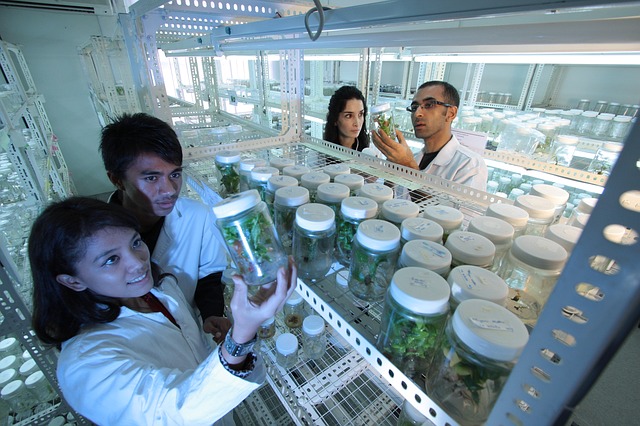Among the most practical implementations to be built on the Blockchain is a massive challenge in agriculture, so one can perceive it as an opportunity. Consumers are more aware of food security, where Blockchain applications can play a crucial role in tackling many of agriculture’s most pressing issues.
Farmers are presently facing many difficulties in agriculture, but with the proper application of Blockchain technology, these issues can be solved:
- Discord between the supplier and the seller
- Scarcity of financial resources
- Throughout food production and distribution, there is a lack of transparency.
NEED FOR BLOCKCHAIN IN THE AGRICULTURE SECTOR
Agriculture is a vital part of human society as well as the basis of today’s life. Agriculture’s strong links to the global market, bio-diversity, and human lives and history are undisputable. It is the world’s largest industry, employing over 1.3 billion people and valued at $5 trillion (ILO, n.d). (Goedde, 2015). Agriculture empowered us to grow our own food, and as a matter of fact, humans shifted focus from a hunter’s society to a self-sustaining one. Competition for economic resources and the role of agribusiness firms, the agricultural value chain includes a wide range of activities from farmer to consumer (farm equipment, seeds, fertilizer, insecticides). Agriculture can all be extensively divided into 3 main levels: production, industrial processing, and retail or wholesale distribution. Each process is linked to the next brings the value of business inputs or goods. Agriculture is highly dependent on limited resources such as water, agricultural land, and biodiversity. At each level of the supply chain, different players perform different functions, such as production companies, consumers, and groups that provide means of production such as seeds, fertilizer, and pesticides. Natural resources, such as water, are depleting at an alarming level due to population growth and traditional agricultural methods. Agriculture consumes nearly 70% of the world’s available freshwater.
Advantages
- Extensive Demand
- Advantages in Competition
- Opportunities that are appealing
- Policy Assistance Growth Drivers
- India, the world’s second-most populous country, must meet the consumption needs of approximately 1.20 million people.
- This is a key demand driver for the country’s agricultural growth.
- Demand is increasing as a result of rising worldwide economic needs and increased competition
All of these issues can be resolved with the help of cost-efficient intermediaries. Blockchain technology has the potential to completely transform agriculture. The Blockchain generates a permanent, ongoing history of events implemented and stored on each participating node. It is harder to reverse records since there is no centralized authority. Because it is a distributed decentralized account, it offers customers a transparent view which is very safe and nearly impossible to hack.
Also read: Is cryptocurrency influencing the gaming industry?



